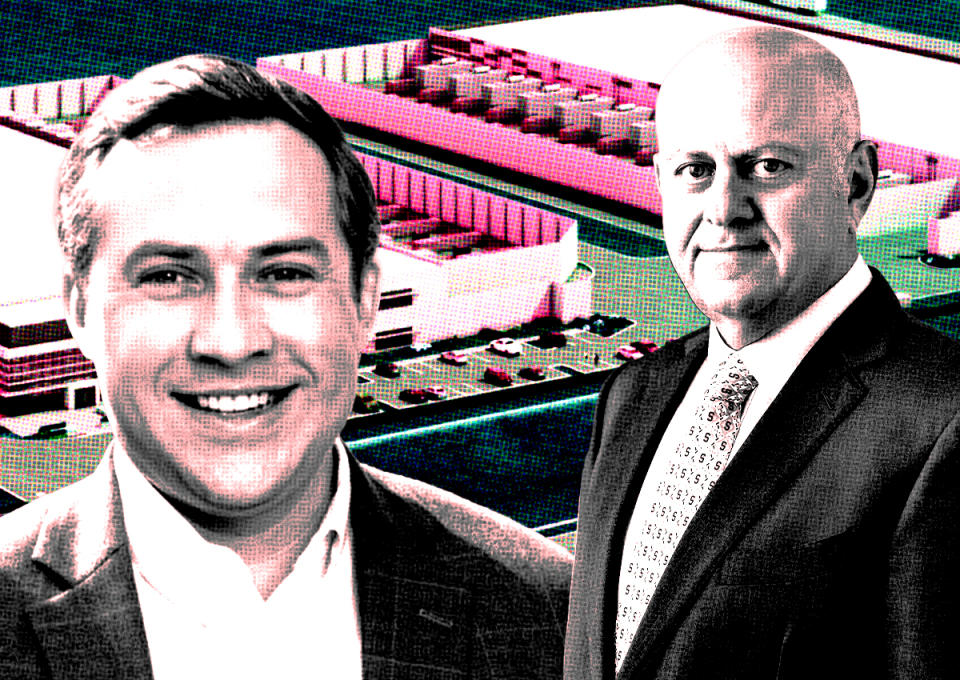Skybox, Prologis moving ahead on massive Pflugerville data centers

Prologis and Skybox are moving ahead with their major data center projects outside of Austin.
An entity called Austin Data Center 2 LLC filed to build out $60 million in improvements for a data center at 2515 South Kenney Fort Boulevard in Pflugerville. The LLC shares a business address with Prologis, and along with a similarly named LLC, owns two parcels worth some 21 acres along State Highway 45.
The project is expected to include interior improvements to a 146,000-square-foot building, according to the filings. Work is slated to begin in February and run through July 2025. Dallas-based architect Corgan Associates is the design firm attached to the plans.
Skybox and Prologis have discussed investing $548 million to build a 30-megawatt data center at the location. Separately, the companies are building a 600-megawatt “PowerCampus” datacenter on 159 acres in Hutto.
A representative for Prologis did not immediately respond to a request for more information.
Elsewhere in Texas, Skybox owns a 26-megawatt center in Houston and is working on a 300-megawatt PowerCampus in Dallas.
Nationwide, investment in data centers has skyrocketed. Private equity giant Blackstone acquired a leader in the space, QTS Realty Trust, for $10 billion in 2021. Since then, it has grown its development pipeline from $1 billion to $15 billion, according to Bloomberg. QTS’ valuation reached $25 billion by the end of last year.
Much of that investment has come to Texas. The state leads the U.S. in renewable and nonrenewable energy production, which has helped satiate next-generation centers’ huge power requirements. Local governments have proven willing to spend to draw projects too, offering hefty tax incentives to developers.
Stretches of old farmland north of Austin have been called Silicon Hills, as a number of technology companies have built their offices and data facilities there. In recent years, the area has attracted renewed interest for data centers to power growing demand for computer power fueled by the artificial intelligence boom.
